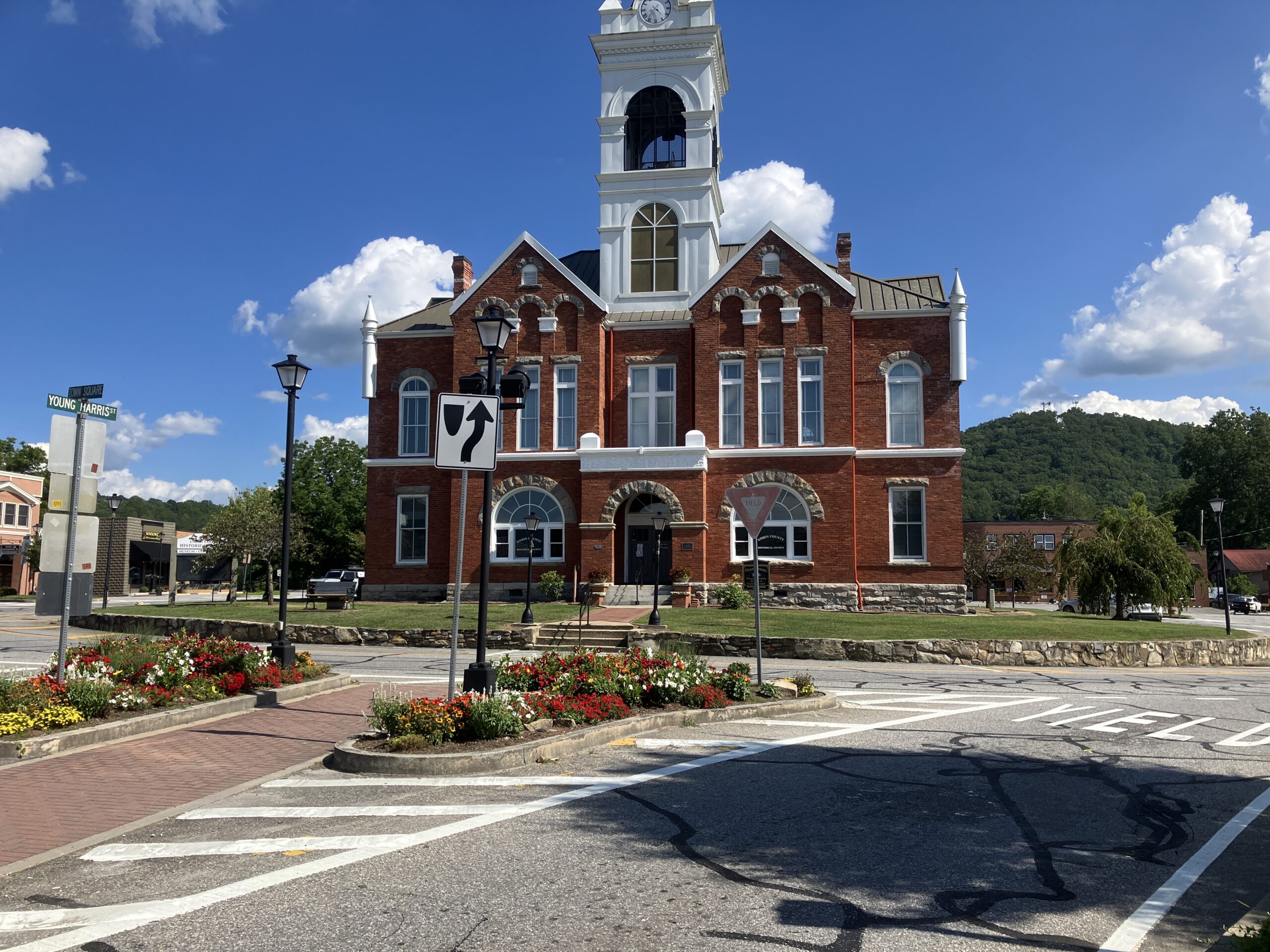On May 8, 2016, the Seattle Times reported that nursing home evictions are up, presumably to get rid of difficult patients. Matt Sedensky, in Nursing homes turn to evictions to drop difficult residents, available at http://www.seattletimes.com/nation-world/nursing-homes-turn-to-eviction-to-drop-difficult-patients-2/, reported that nursing home seek to increase profits by discharging residents who require labor intensive care, thus eliminating expenses […]
Blog
In Williford v. Brown, 2016 Ga. Lexis 352 (May 9, 2016), Tamara Williford allaged that her step-mother, Mary Ann Brown, denied access to her father, Tommy Brown. Ms. Williford filed a Petition against Mrs. Brown in Hart County Superior Court, alleging a right to visit her father. In her petition, Ms. Williford argued she was Mr. […]
Replacement birth certificates, death certificates, marriage applications and licenses, and divorce information may be requested through: Vital Records, 2600 Skyland Drive, Atlanta, GA 30319-3640. The call center number is (404) 679-4702. https://dph.georgia.gov/VitalRecords. Some of these records will also be at the local courthouse. For example, a divorce decree should be on file at the Court […]
We are pleased to announce that the Elder Law Practice of David L. McGuffey will host a Special Needs Roundtable in Dalton, Georgia on July 29, 2016. Confirmed speakers and panelists include Key Note Speaker Hal Wright (Certified Financial Planner and Author of “The Complete Guide to Creating a Special Needs Life Plan,” available on […]
Two recent cases make it clear that, even when you are working with special needs trusts, there are reasons for caution. In the first case, Indiana resident Timothy Todd filed a lawsuit claiming the trustee managing his special needs trust was charging thousands for unnecessary and inappropriate fees. His suit, which seeks class status, claims the […]
In Marks v. State, 280 Ga. 70 (2005), Ron Russo befriended Leonard Stewart, an 89 year old elder. Russo identified himself as a lawyer, providing advice that had the effect of impovershing Stewart. Among other things, Russo offered to do legal work in exchange for Stewarts 1990 automobile. Russo caused Stewart to make changes to his […]
On February 12 and 13, 2016, the Elder Law Practice hosted a conference on Understanding Dementia, and on Representing Individuals with Diminished and Diminishing Capacity. The first day was open to all professionals and community members. The link for that program is: https://www.mcguffey.net/2016conference. The second day was for lawyers. The link for that program is: […]
On February 12, 2016, The Elder Law Practice of David L. McGuffey will host a one of a kind event in Dalton. Nationally known speakers will be presenting much needed information regarding how to work with individuals who have diminished or diminishing capacity. Our speakers include: Peter V. Rabins, MD, MPH is a Professor of […]
The answer is that it depends on how you report the payment. It is illegal for a non-lawyer to practice law without a license. O.C.G.A. § 15-19-51. For that reason, a non-lawyer cannot legally give you anything of value if he or she is charging you for services that are considered the practice of law. […]
The ABLE Act has slowly rolled out as different States look to implement it. Georgia currently has two bills in the House that would allow Georgia residents to establish ABLE accounts. We have posted an article for individuals seeking information regarding the ABLE Act. You can find it at: https://www.mcguffey.net/able-act-versus-special-needs-trusts If you have questions about […]
























